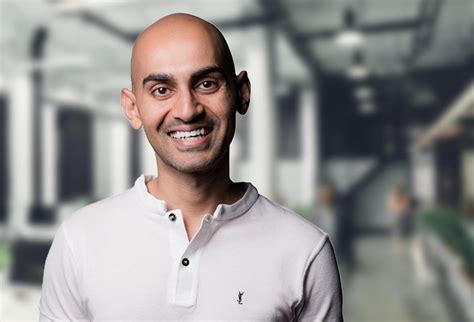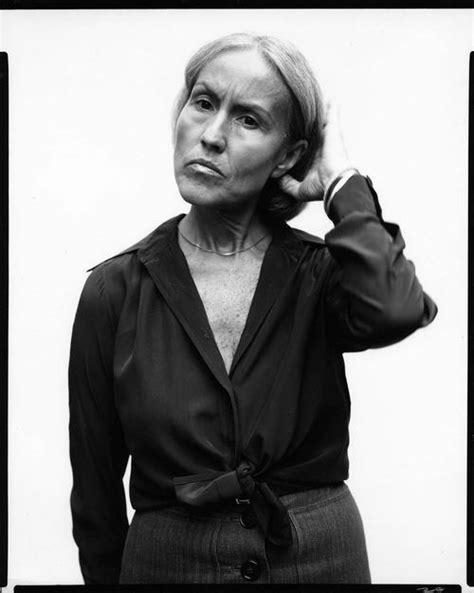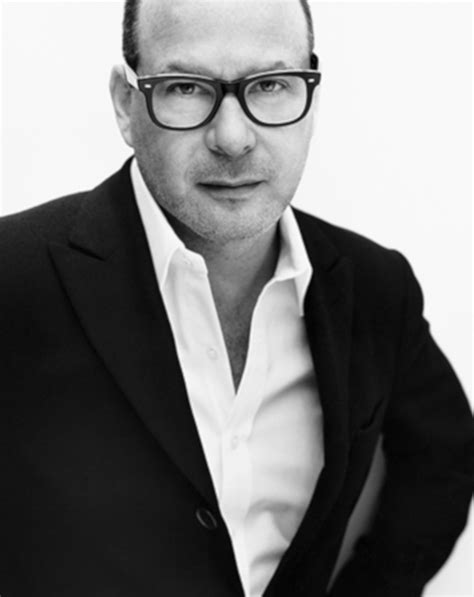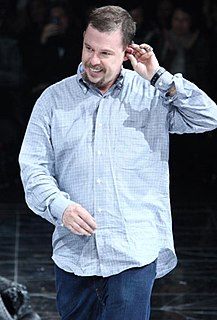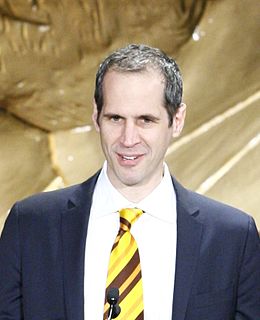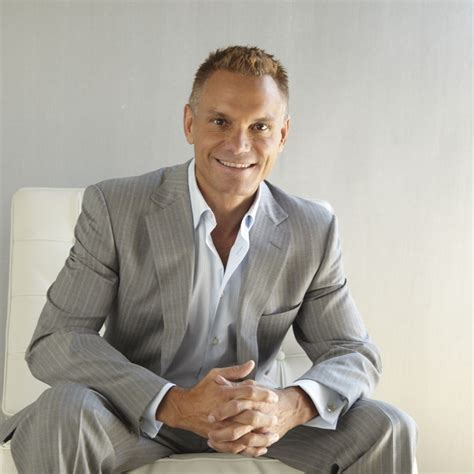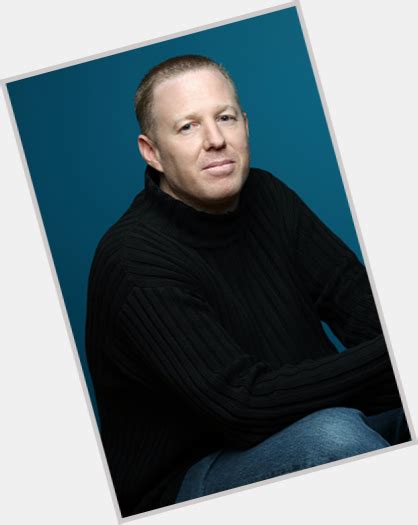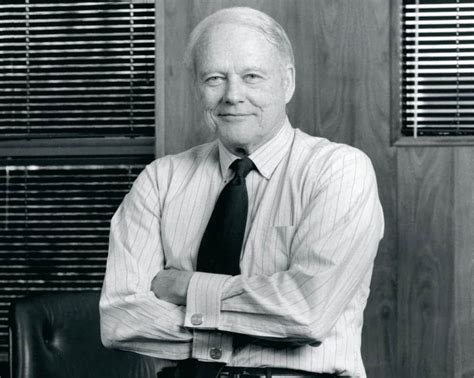A Quote by Neil Patel
When a designer gives you a bill, what do you see it as? An expense, right? When a designer gives me a bill, I see it as an investment. For me, it is something that appreciates and helps your business grow.
Related Quotes
It's super-essential. Even though I don't have a very big team, for me, the word muse may be démodé or not. I adore it, but I am also one, in my delirium, to be quite classical. For a designer - especially a male designer - he absolutely has to have that female voice by his side, which he listens to, he filters, he digests. It's a huge need, because when you see through the eyes of a man, you see a woman a certain way, and how they have little tricks of their own.
How a designer gets from thought to thing is, at least in broad strokes, straightforward: (1) A designer conceives a purpose. (2) To accomplish that purpose, the designer forms a plan. (3) To execute the plan, the designer specifies building materials and assembly instructions. (4) Finally, the designer or some surrogate applies the assembly instructions to the building materials. What emerges is a designed object, and the designer is successful to the degree that the object fulfills the designer's purpose.
That bothers me when I see that fashion editors are consultants for brands. It tells me that the designer has lost sight of what he or she really wants to do, and that he or she is listening to the strength of a very strong stylist and being a little watered down - and by watered down, I mean, the strength of the designer's vision. I'm not saying it's easy.
I keep a $2 bill rolled up in every pair of boots I own because one time, an older guy came up to me at a farmer's market I was playing in Memphis, handed me a $2 bill, and said, 'Stick this in your boot.' And when I stood back up, he handed me a $100 bill and said, 'Thanks for listening to me. Stick this in your pocket.'
Being a photographer helps me see the work differently. I always walk away seeing things differently than when I stare at them myself. It gives me a little distance. So I love photography, but it also helps me tell the story. When I shoot the ad campaign for my work, it allows me to be much more direct.
Some designers are so airy-fairy people can't connect with them. I hope people can relate to me, to a normal person who just happens to be a fashion designer, that people can take me as they find me. It's not the designer's job to care about what people think. Whatever else I've done, I've never tried to be something that I'm not.
